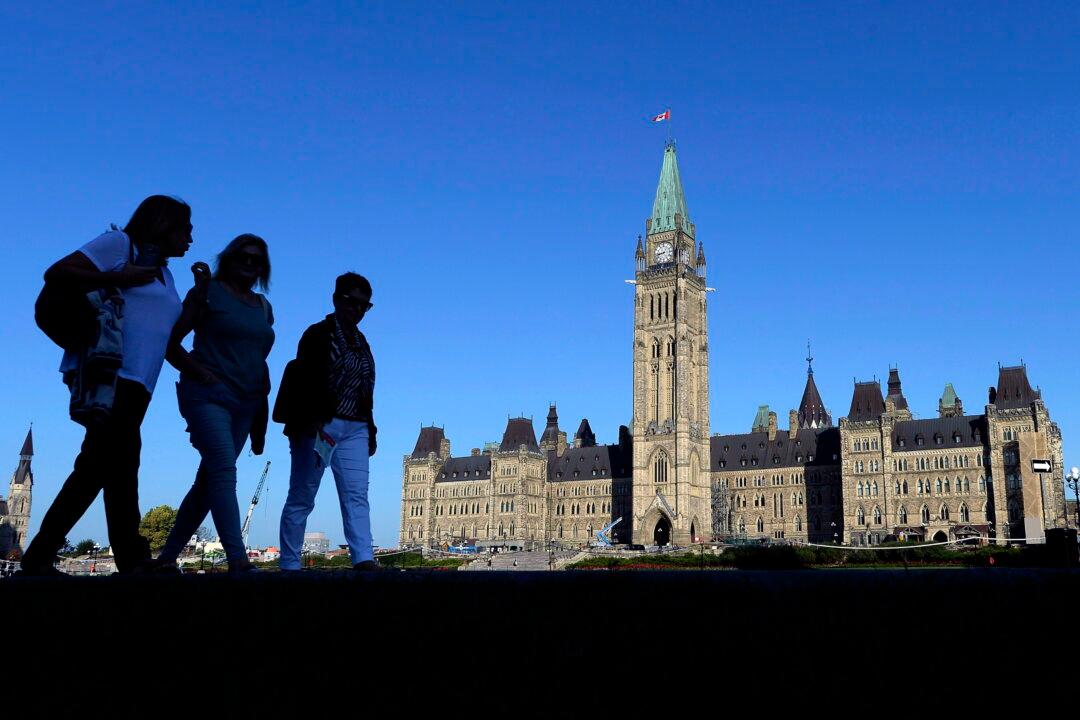Commentary
I recently had the pleasure of speaking with the Hon. Preston Manning about the growing size of Canada’s federal bureaucracy. Mr. Manning, a seasoned politician with an impressive legacy of public service, recently wrote a compelling column urging reining in the federal bureaucracy.


